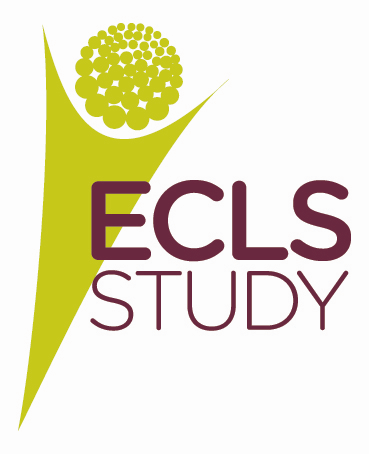
Lung cancer is the most common cause of cancer related death worldwide. The majority of cases are detected at a late stage when prognosis is poor. The EarlyCDT®-Lung Test (ECLS) detects autoantibodies to abnormal cell surface proteins in the earliest stages of the disease which may allow tumour detection at an earlier stage thus altering prognosis. The primary research question is: Does using the EarlyCDT®-Lung Test to identify those at high risk of lung cancer, followed by X-ray and computed tomography (CT) scanning, reduce the incidence of patients with late-stage lung cancer (III & IV) or unclassified presentation (U) at diagnosis, compared to standard practice? ECLS is a randomised controlled trial of 10 000 participants recruited in Scotland from the most deprived quintile of the Scottish Index of Multiple Deprivation. Adults aged 50 to 75 who are at high risk of lung cancer are eligible to participate. The intervention is the EarlyCDT®-Lung Test followed by X-ray and CT in those with a positive result. The comparator is standard clinical practice. The primary outcome is the difference, after 24 months, between the rates of patients with stage III, IV or unclassified lung cancer at diagnosis. The secondary outcomes include: all-cause mortality; disease specific mortality; a range of morbidity outcomes; cost-effectiveness and measures examining the psychological and behavioural consequences of screening. Participants with a positive test result but for whom the CT scan does not lead to a lung cancer diagnosis will be offered 6 monthly thoracic CTs for 24 months. An initial chest X-ray will be used to determine the speed and the need for contrast in the first screening CT. Participants who are found to have lung cancer will be followed-up to assess both time to diagnosis and stage of disease at diagnosis. ECLS is led by Frank Sullivan at the University of St Andrews, Scotland. The trial is ongoing. More details are available at http://www.eclsstudy.org.
Contacts
- Shaun Treweek; streweek@mac.com
